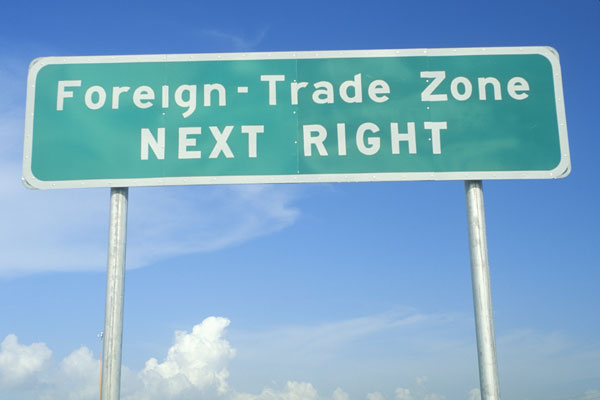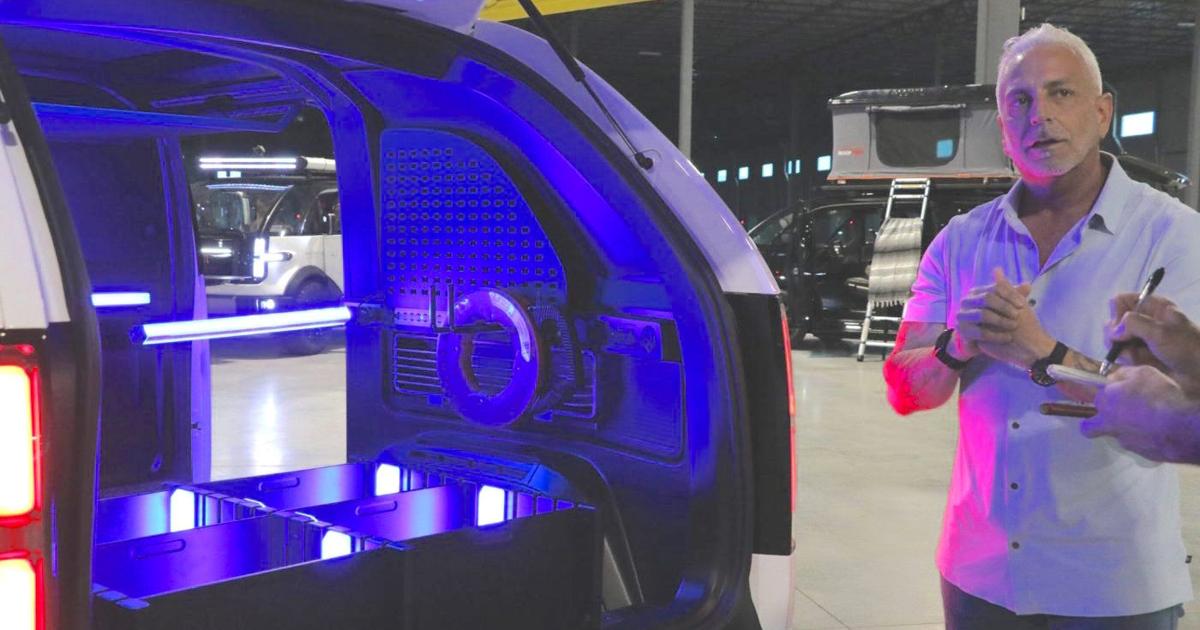
Canoo announced this week its Oklahoma City manufacturing plant has been approved as a Foreign Trade Zone by the U.S. Department of Commerce.
The company said the declaration is a signifcant milestone that will accelerate the company’s Made in America electric vehicle manufacturing strategy, improve unit profitability and enable “a faster path to breakeven.”
The foreign tradezone designation will allow for the elimination of all customs duties on vehicles sold to overseas customers and for deferral of customs duties on imported parties used in vehicles sold in the U.S.
Tony Aquila, Executive Chairman and CEO at Canoo called it another important building block in the company’s strategy by creating one of the largest Foreign Trade Zones in the state.
“This FTZ will generate economic growth, American jobs, and have a long-term permanent financial benefit to working capital and cost of materials. We want to say a big thank you to the US Department of Commerce, the Port Authority of the Greater Oklahoma City Area, our team, and all our supporters and partners, for guiding us to this important accomplishment,” stated Aquila.

The Oklahoma City manufacturing plant employs more than 100 workers and the company maintains it will eventually support more than 1,100 employees.
Following the announcement, shares of Canoo closed at $2.90 a share on Monday, up 96 cents or 50%. Still, the company has yet to report a profitable quarter and it recently carried out a reverse stock split to stop its stock from being delisted.
For international sales, the FTZ will significantly enhance profitability by lowering the vehicle cost by up to 5% on parts imported from the rest of the world. This cost reduction will occur when these Made-in-America vehicles are exported to international markets, which we plan to announce in the near future.
For domestic sales, the FTZ designation improves working capital by millions of dollars by deferring customs, duties and tariffs related to imports from the time of port-of-entry of the parts until the vehicle is delivered to its customers. Furthermore, Canoo anticipates additional cost savings and benefits through a simplified customs process, a streamlined supply chain, and overall enhancements to its site security.
Aquila said he hopes to eventually expaned the 125-acre manufacturing plant in Oklahoma City and bring more of the company’s supply partners closer.
The company continues to pursue approval for its remaining manufacturing facilities in Oklahoma and, if approved, the Canoo FTZ’s are expected to be one of the largest in Oklahoma. Canoo claims its manufacturing footprint will create high-paying direct and indirect jobs and expand the advanced manufacturing sector in the heartland of America. Canoo’s manufacturing strategy includes ownership of the supply chain where parts are purchased and delivered into Canoo’s manufacturing facilities unlike some other companies that outsource their supply chain, logistics, and manufacturing to third parties.



